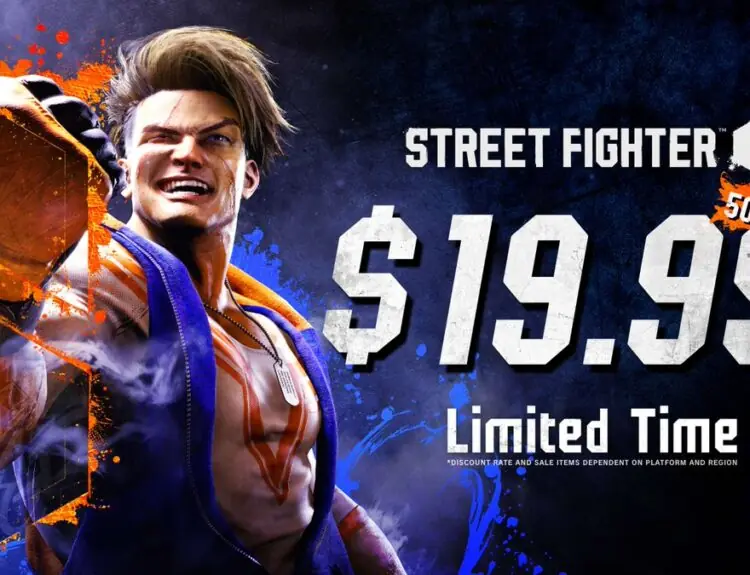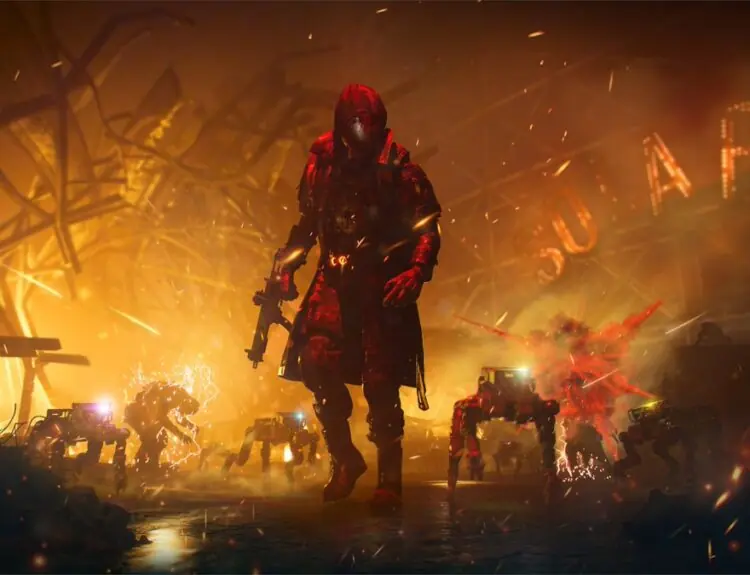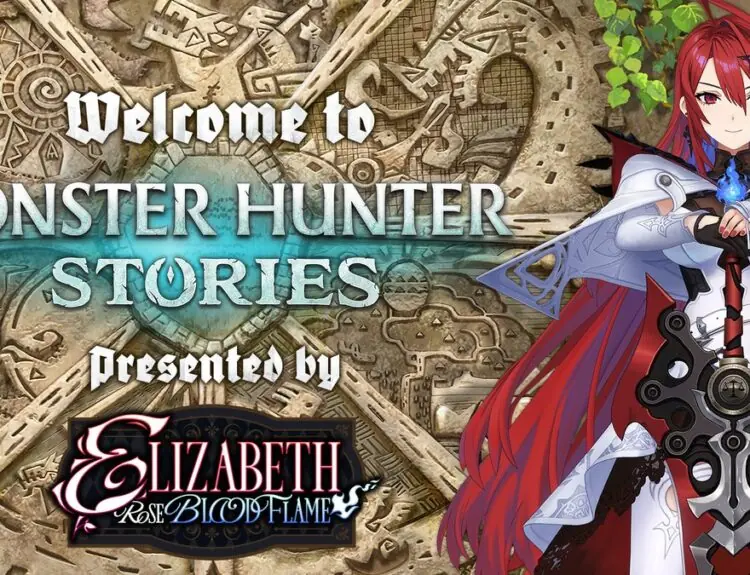The legendary franchise of Heroes of Might and Magic (‘HOMM’ going forward) is still alive and well after being released over twenty years.
The gameplay and constant updates by the community keep it fresh and attract more players daily.
The franchise went through multiple developers and publishers over the years, with the first four games being considered the best in the franchise by many players due to them being developed by New World Computing.
New World Computing began the series in 1995 and ended their streak in 2003, after facing financial difficulties. They have sold the rights to Ubisoft, who have worked with multiple different developers over the years to create the next HOMM games, HOMM 5, 6, and 7.
HOMM: A Strategic Quest, the first game of the franchise, featured four different classes of heroes and castles, each with their units and strengths/weaknesses. It was released in 1995 and set the pace for the sequels of the franchise after initial success. In mid-November, two months after launch, there were 100,000 copies already sold.
HOMM: 2, released in 1996, underwent a sizeable graphical overhaul compared to the first game. The second game added two new factions: Necromancer, and Wizard, which went to become a staple in the franchise. Each hero retained the primary skill system from HOMM: A Strategic Quest, but they were also able to learn secondary skills to become stronger. The Magic system was rehauled, instead of having to return to the Castle to relearn the spell as in HOMM: A Strategic Quest, each hero would have spell points, which it could spend now. In 6 months, the game sold over 500,000 copies.
HOMM: 3, released in 1999, is the culmination point of the franchise. The gameplay was similar to its predecessors but it had multiple improvements, new factions, better skill systems. In 6 months, the game sold over 1,500,000 copies. It received two expansion packs and an upgraded high-definition texture pack 15 years later. The game was praised by critics, receiving an average of 90% score in GameRankings. It was and still considered highly addictive due to multiplay ways to play the game.
HOMM: 4, released in 2002, the last game produced by New World Computing, introduced several significant changes to the game. Heroes became present on the battlefield and could be killed, unlike the prequels. Armies could be built without any heroes present and sent to explore and scavenge the map. Heroes could evolve into forty different specialized classes with different traits and abilities. The traditional hexagon-based battle grid was converted into a square-based grid, making it easier to feature different units. Logistics were heavily nerfed and troops could no longer be shuttled from hero to hero to move armies for vast distances over a single turn.
HOMM: 5, the first sequel released by another developer and publisher in 2006, was criticized at the beginning due to it being unpolished and missing essential features of the game. Hero system was revamped once again, with heroes starting with different classes and being able to transition into multiple subclasses. The game was supposed to be isometric 2D in the Heroes IV engine, but Ubisoft has decided to start over and create a 3D game. While it missed some features, it still retained the core aspects of the game, selling over 350,000 copies in 6 months.
HOMM: 6, released in 2011, the game was developed by a different developer compared to the prequels and overhauled the magic guild system. Spells would be learned by talents now instead of the magic build in towns. The resources were reduced from 7 to 4. A new reputation system was introduced and initially, it was praised by critics, but overall did not receive as much positive feedback as the predecessors. The most critical issue was the intrusive DRM system, which required a constant internet connection to play.
HOMM: 7, released in 2015, followed the same tactics as previous games. It brought some improvements but was criticized for missing vital features and selling them as DLC later on. Ubisoft has announced that further game development would be halted two months after the last expansion, which left the game in a deplorable, buggy state. Most reviews were saying that the game was a loyal and worthy successor, but Ubisoft’s greed left it in a weak and buggy state.
Overall the franchise is worth to be explored, every game feels different and if you love turn-based strategies, you will undoubtedly love the Heroes of Might and Magic Franchise. Stay tuned in the next couple of days for individual reviews of what each game got right and wrong.







